
El Pio 15mg Tablet
Manufacturer
Elder Pharmaceuticals Ltd
Salt Composition
Pioglitazone (15mg)
Key Information
Short Description
El Pio 15mg Tablet is a medicine used to treat type 2 diabetes mellitus in adults. It helps control blood sugar levels in people with diabetes.
Dosage Form
Tablet
Introduction
El Pio 15mg Tablet may be used by itself or along with other medicines. It may be taken with or without food. Take it regularly at the same time each day to get the most benefit. Your doctor will decide what dose is best for you and this may change from time to time according to how it is working. Keep taking this medicine, even if you feel well or your blood sugar levels are controlled. If you stop it without consulting your doctor, your blood sugar levels could rise and put you at risk of kidney damage, blindness, nerve problems, and loss of limbs. Remember that it is only part of a treatment program that should also include a healthy diet, regular exercise, and weight reduction as advised by your doctor. Your lifestyle plays a big part in controlling diabetes.
Directions for Use
Take this medicine in the dose and duration as advised by your doctor. Swallow it as a whole. Do not chew, crush or break it. El Pio 15mg Tablet may be taken with or without food, but it is better to take it at a fixed time.
How it works
El Pio 15mg Tablet is an anti-diabetic medication. It works by increasing the body's sensitivity to insulin, a natural substance that helps control blood sugar levels.
Quick Tips
Take it only as per dose and duration suggested by your doctor. You should continue to exercise regularly eat a healthy diet and take your other diabetes medicines along with El Pio 15mg Tablet. Full effects may be visible after several weeks of starting El Pio 15mg Tablet. Keep taking it as prescribed by your doctor. Monitor your blood sugar level regularly while taking this medicine. Notify your doctor if you experience shortness of breath, heart problems, or any abnormal swelling. Your doctor may monitor your liver function. Inform your doctor if you notice symptoms like abdominal pain, yellowing of eyes and loss of appetite.
Related Medicines
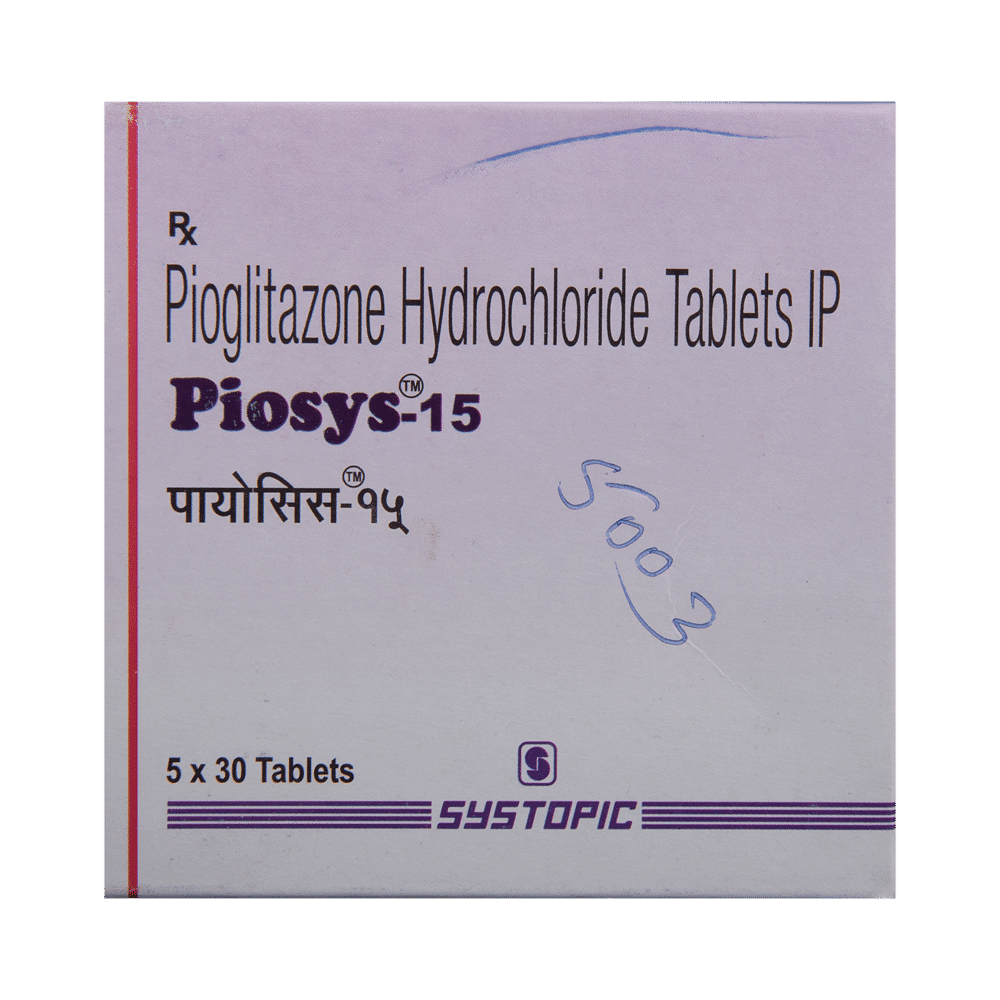
Piosys 15 Tablet
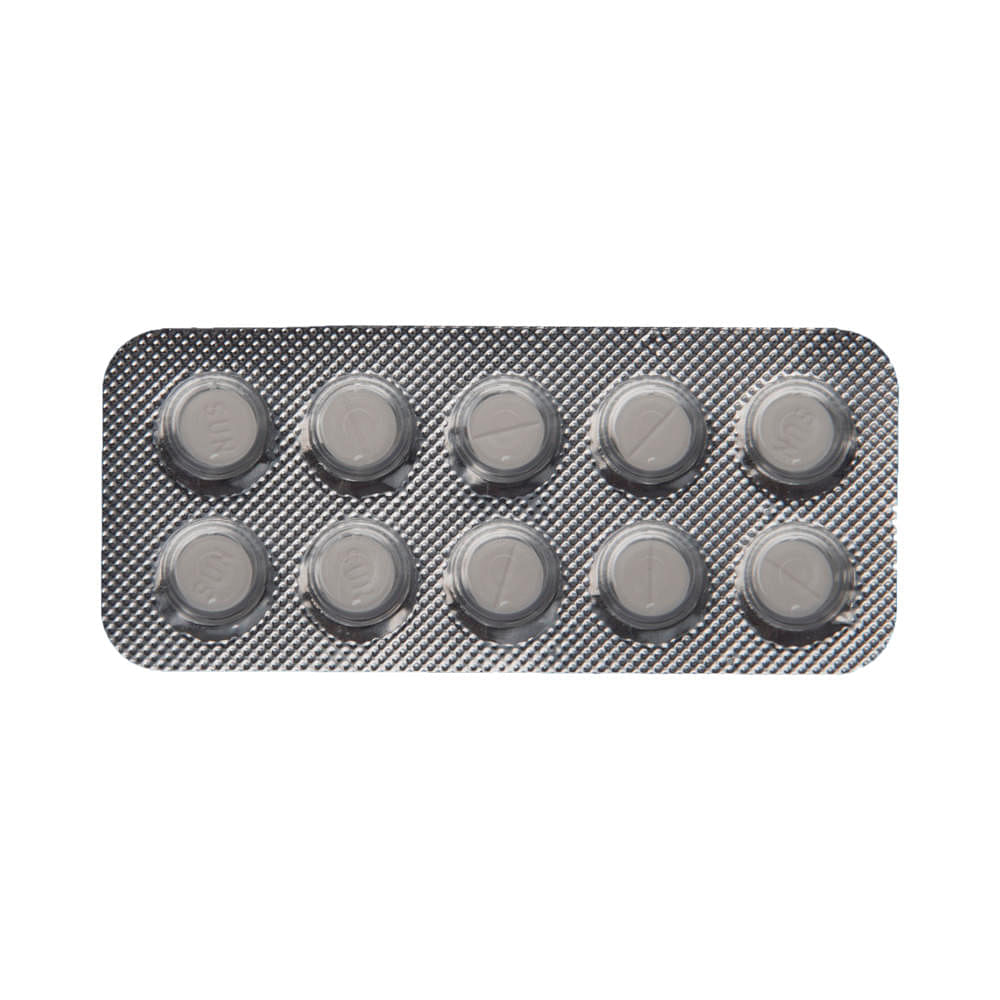
Pioglit 15 Tablet
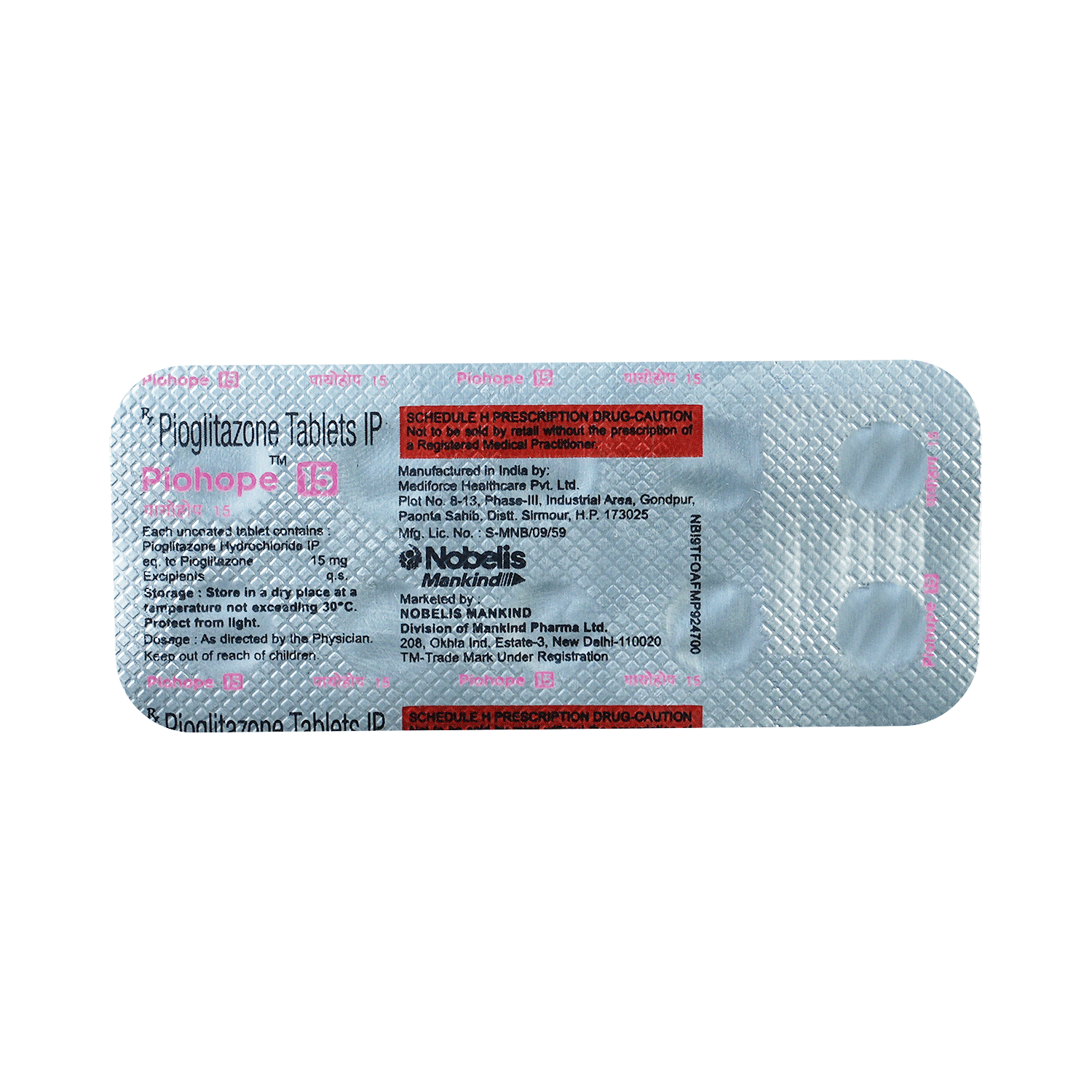
Piohope 15 Tablet
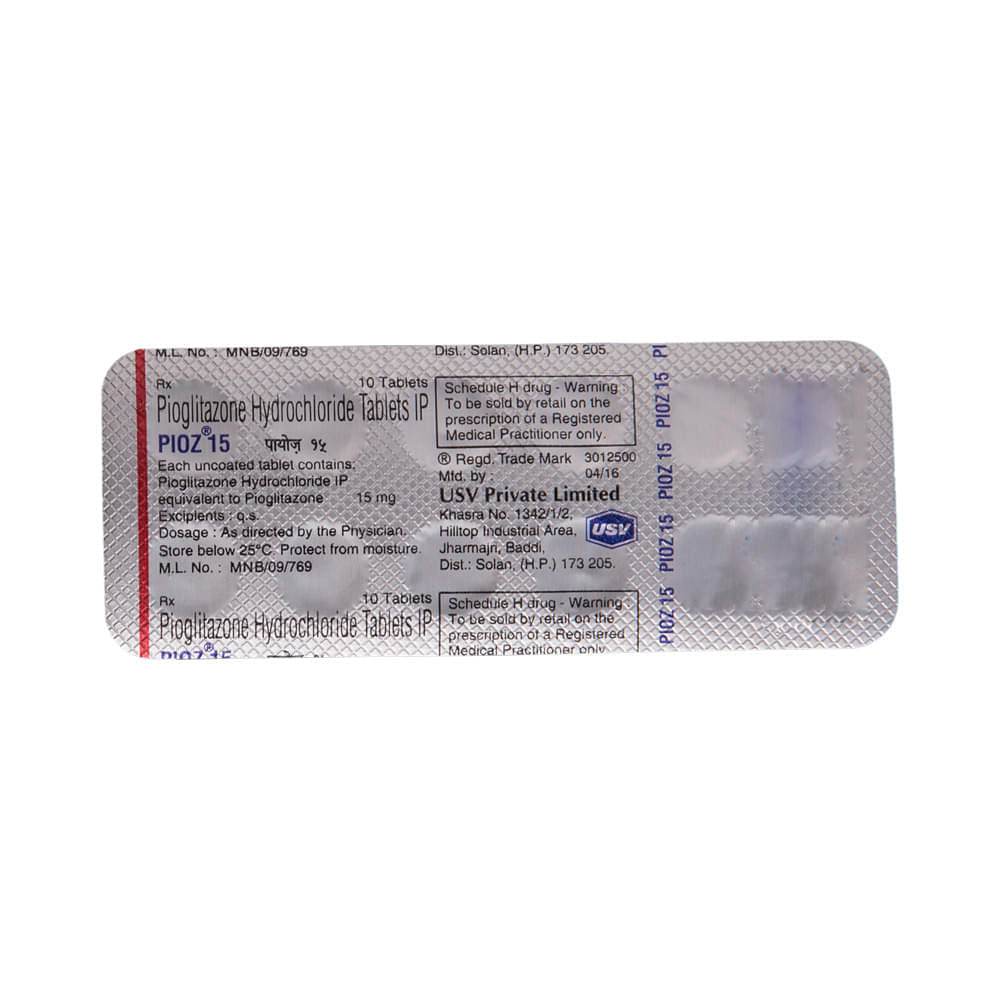
Pioz 15 Tablet
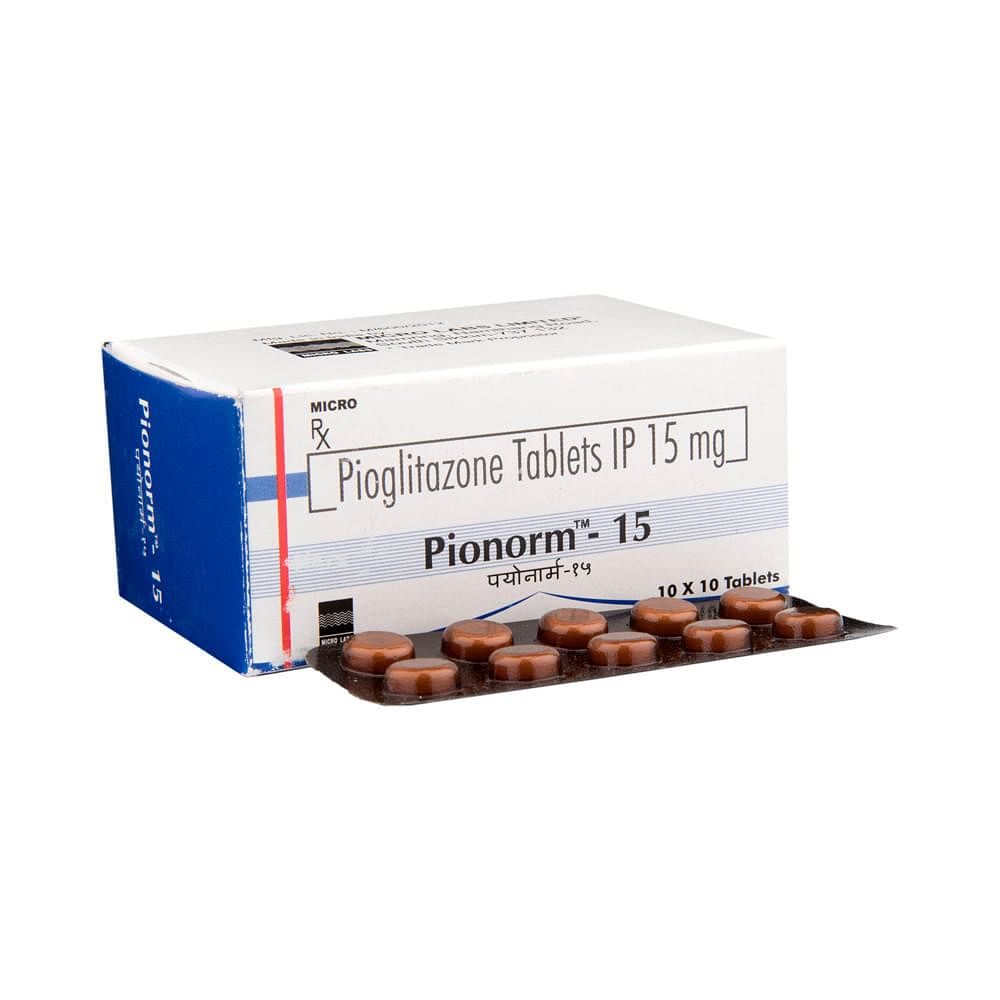
Pionorm-15 Tablet

Cglit 15mg Tablet

Opam 15mg Tablet

Piotor 15 Tablet

Piodrik 15mg Tablet

Pytom 15mg Tablet
Frequently asked questions
Does El Pio 15mg Tablet cause weight gain?
El Pio 15mg Tablet can contribute to weight gain, which may be related to increased fat deposition. In patients with heart failure, it could also result from fluid retention in the body. Regular monitoring of weight is recommended for individuals with heart failure.
Can El Pio 15mg Tablet cause heart failure?
El Pio 15mg Tablet may exacerbate existing heart failure by increasing fluid retention. In cases where heart failure is a concern, starting the treatment with the lowest possible dose and gradually increasing it under doctor supervision is necessary. Heart failure risk can also increase when El Pio 15mg Tablet is combined with insulin.
Can I take El Pio 15mg Tablet along with metformin?
Yes, El Pio 15mg Tablet can be used in conjunction with metformin when adequate blood sugar control has not been achieved through metformin alone. This combination is beneficial for adult patients with type 2 diabetes mellitus and those who are overweight with poor blood sugar regulation.
When should I take El Pio 15mg Tablet?
El Pio 15mg Tablet is typically prescribed once daily, and can be taken at any time of the day. It may be taken with or without food. It's important to adhere to the specific instructions provided by your doctor.
How long do I need to take El Pio 15mg Tablet? Can I stop taking it?
Treatment with El Pio 15mg Tablet should continue as prescribed by your healthcare provider, as diabetes management often requires long-term treatment. It's crucial to consult your doctor before stopping the medication, as sudden discontinuation may lead to fluctuating blood sugar levels that could pose health risks.
Does El Pio 15mg Tablet affect the liver?
El Pio 15mg Tablet can cause an increase in liver enzymes. If you experience elevated liver enzyme levels while taking this medication, it's important to discontinue treatment and inform your doctor immediately. Regular monitoring of liver function tests is recommended for patients taking El Pio 15mg Tablet.
What kind of medicine is El Pio 15mg Tablet?
El Pio 15mg Tablet belongs to a class of medications known as thiazolidinediones. These are anti-diabetic drugs that help control blood sugar levels by enhancing insulin sensitivity in cells, enabling them to use the insulin more efficiently.
Can El Pio 15mg Tablet cause bladder cancer?
There's a possibility of an increased risk of bladder cancer with El Pio 15mg Tablet usage. However, it is crucial to note that this occurrence remains infrequent. If you experience any unusual symptoms such as blood in your urine, pain during urination, or sudden urges to urinate, consult your doctor immediately.


